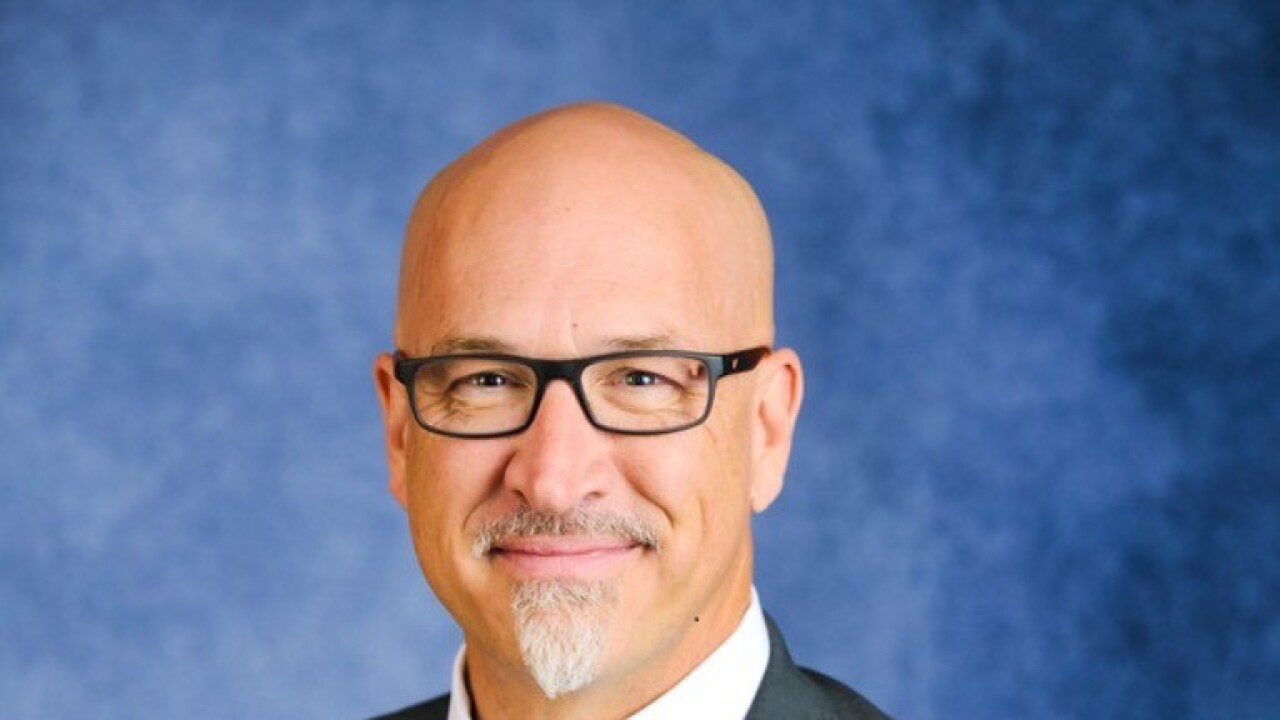In 2020, the rapid and disorienting impacts of the pandemic forced mental health into the workplace conversation, and leaders made a point to check in on their teams, and try to provide them with better support.
Nearly four years later, that conversation has quieted, but the need has hardly diminished. In 2023, a third of adults reported symptoms of anxiety and depression, according to the Kaiser Family Foundation, and 90% of Americans believe there's a
Seventy percent of employees would like their workplace to provide resources that alleviate stress and anxiety — and many, from Prudential to
But is it enough? The shifting landscape of mental health struggles and available care put an increasing amount of pressure on employees to not just provide their workforce with a baseline mental health benefit, but to provide support that meets their unique needs.






